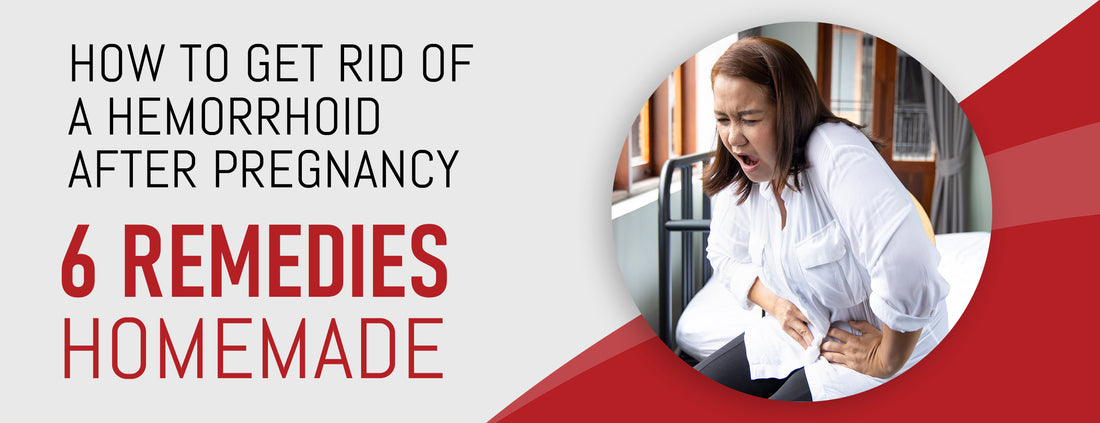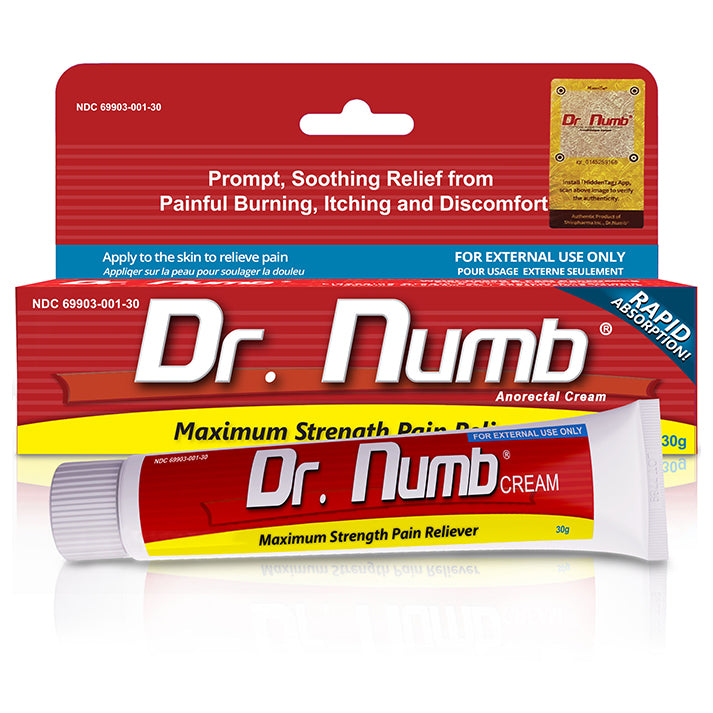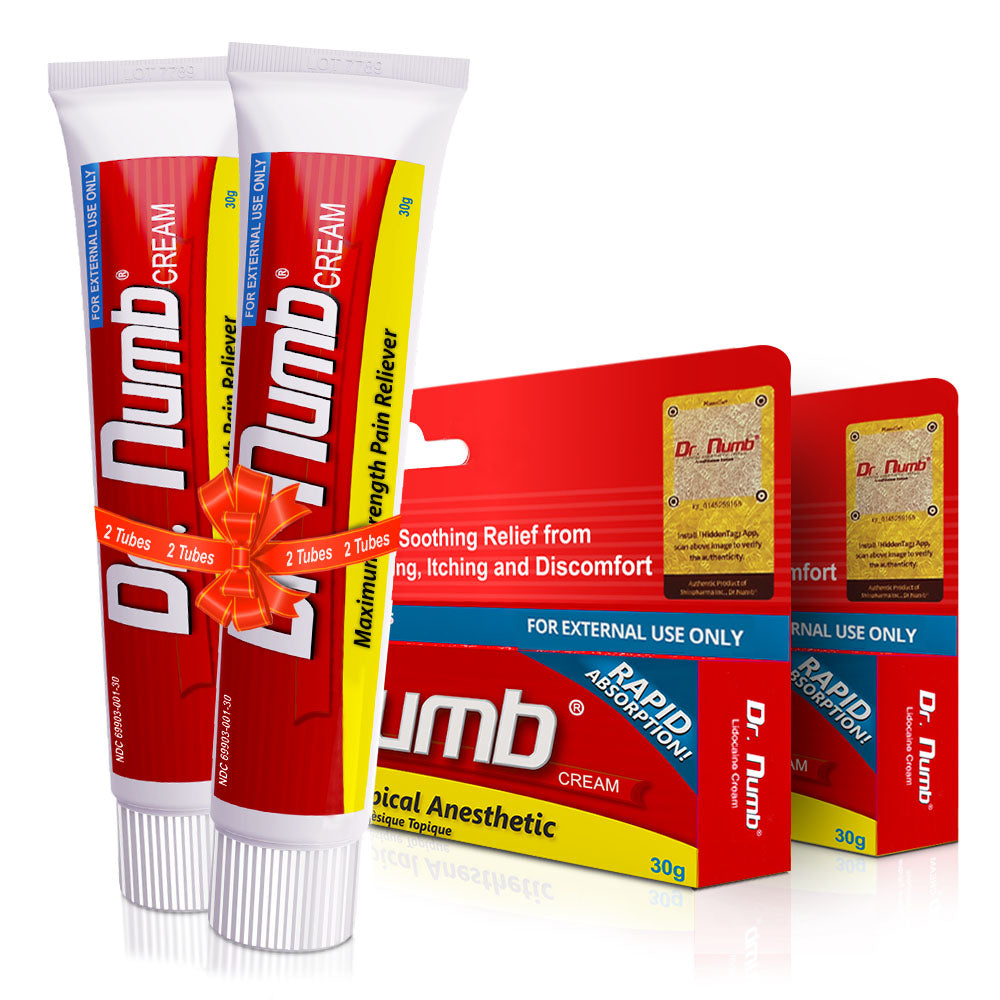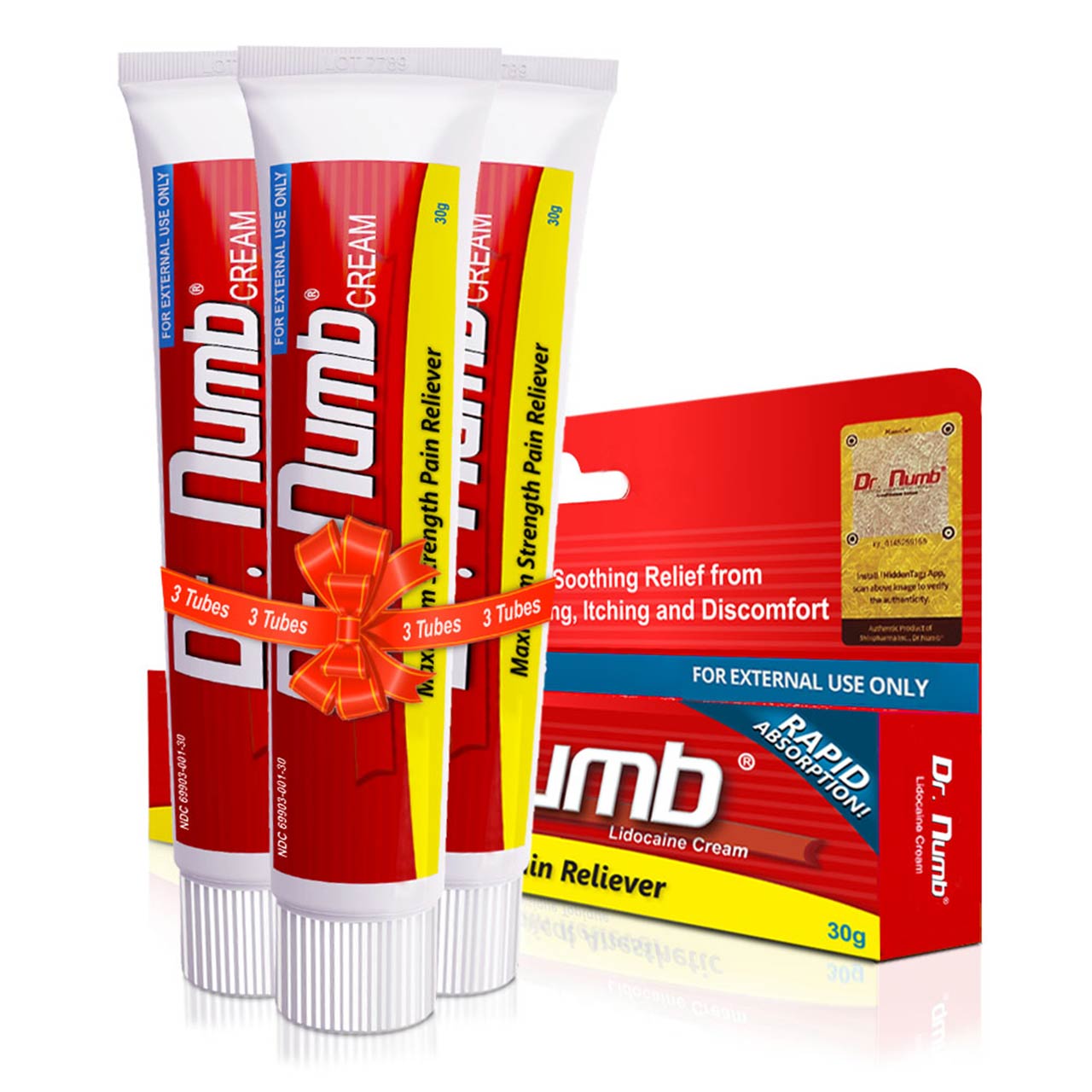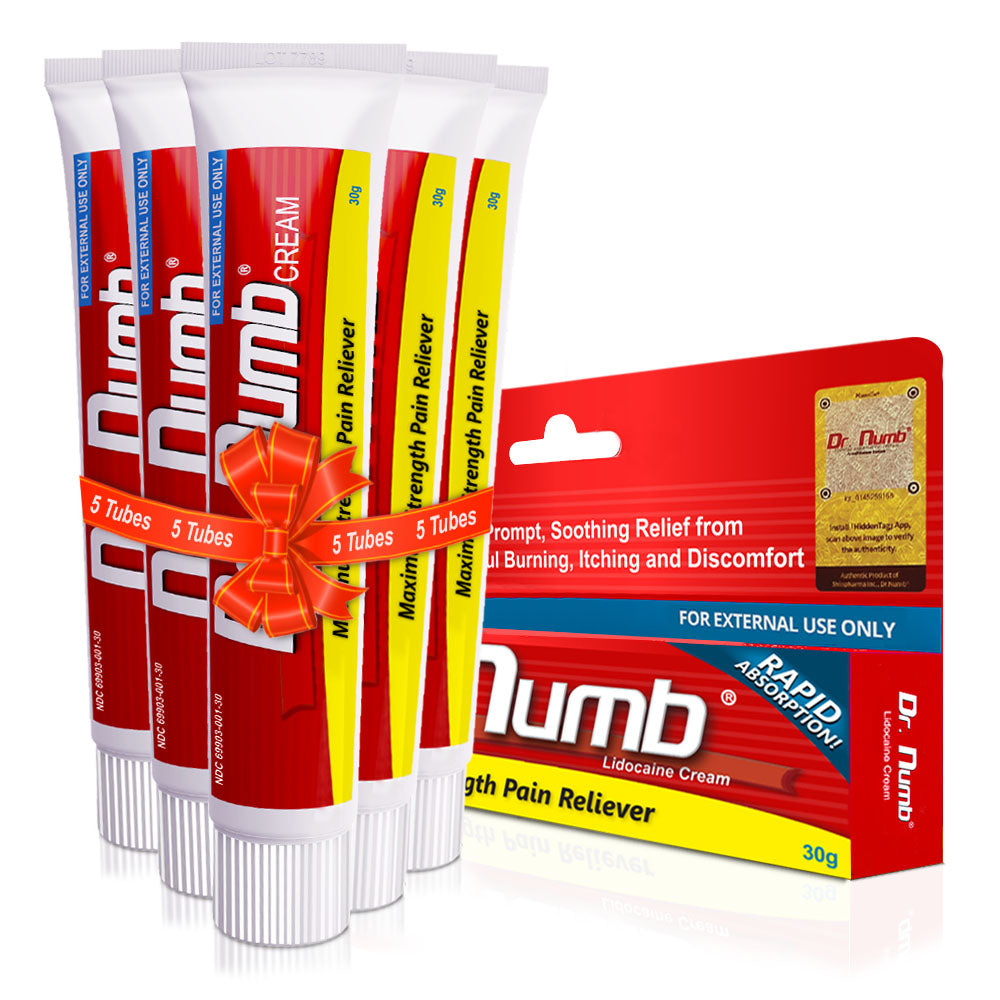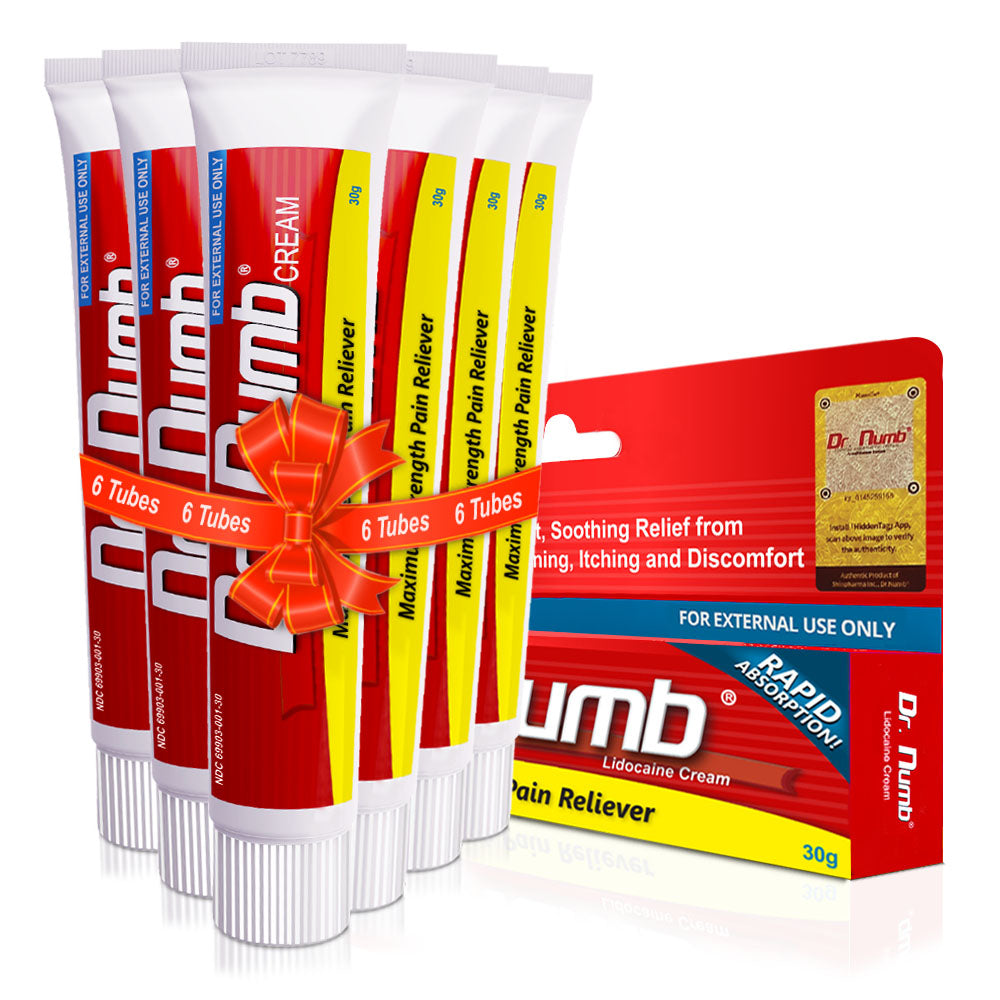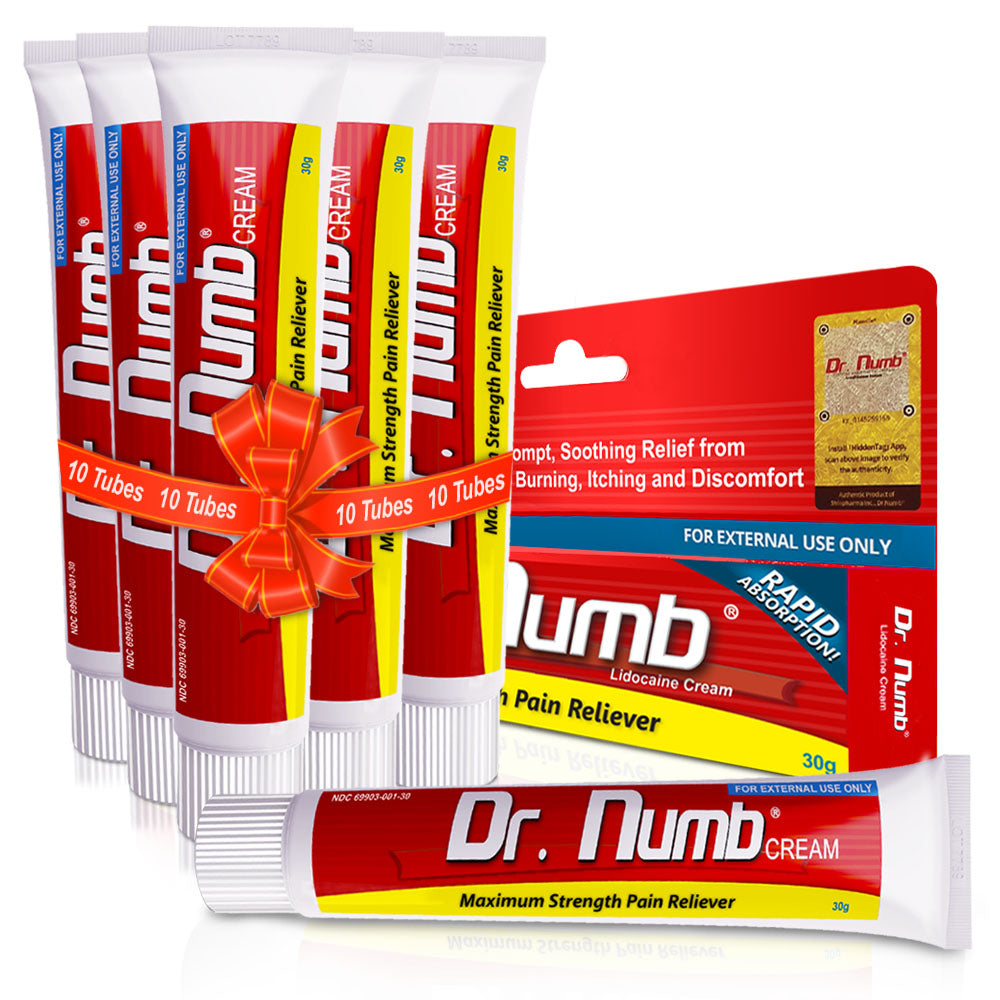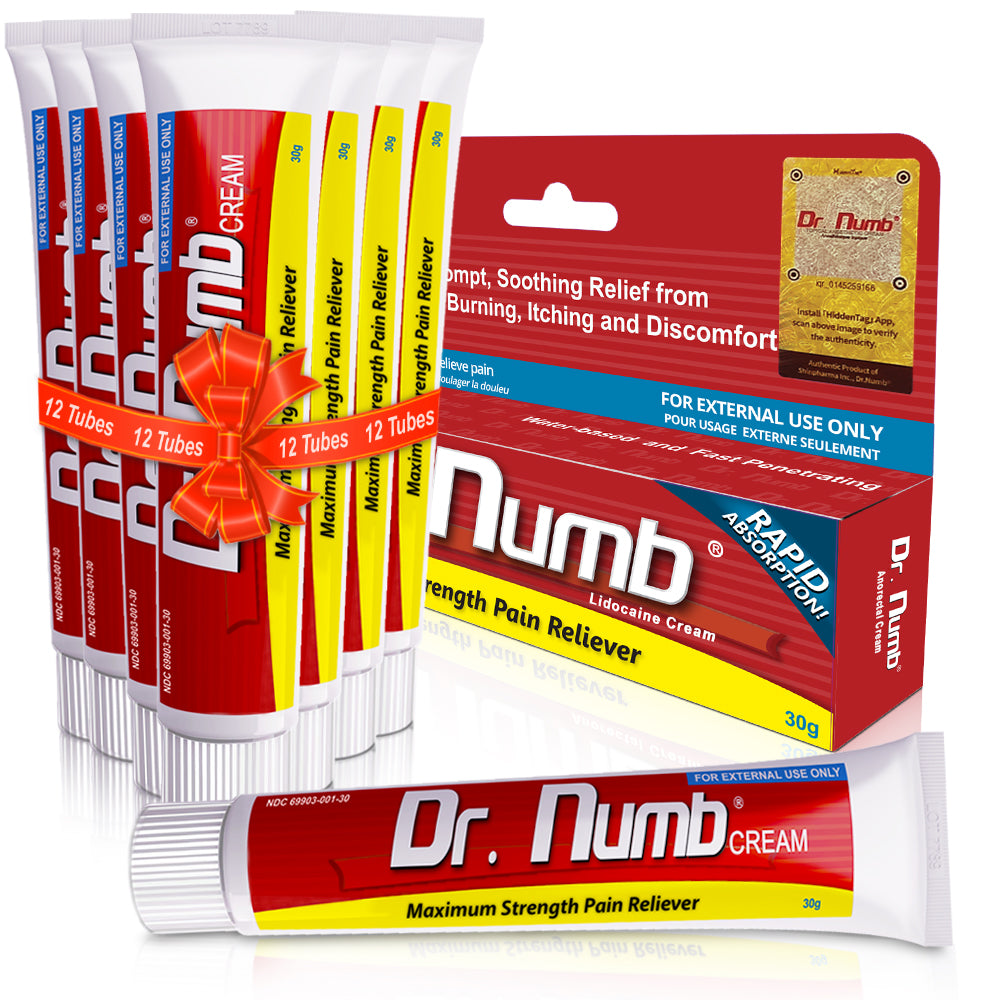Although pregnancy can be a joyous time in life, it can come with some unpleasant side effects - the dreaded hemorrhoids being one of them. Thankfully, there are simple steps you can take to alleviate this discomfort.
Soaking in warm baths, using ice packs, applying topical creams, staying hydrated, consuming a high-fiber diet, and regularly exercising are all effective ways to treat hemorrhoids after pregnancy.
We'll explore various ways to help you get rid of hemorrhoids after pregnancy, including home remedies, medical treatments, and lifestyle changes. Make yourself comfortable, and let's start making you feel better!
How to Get Rid of Hemorrhoids After Pregnancy: 6 DIY Remedies
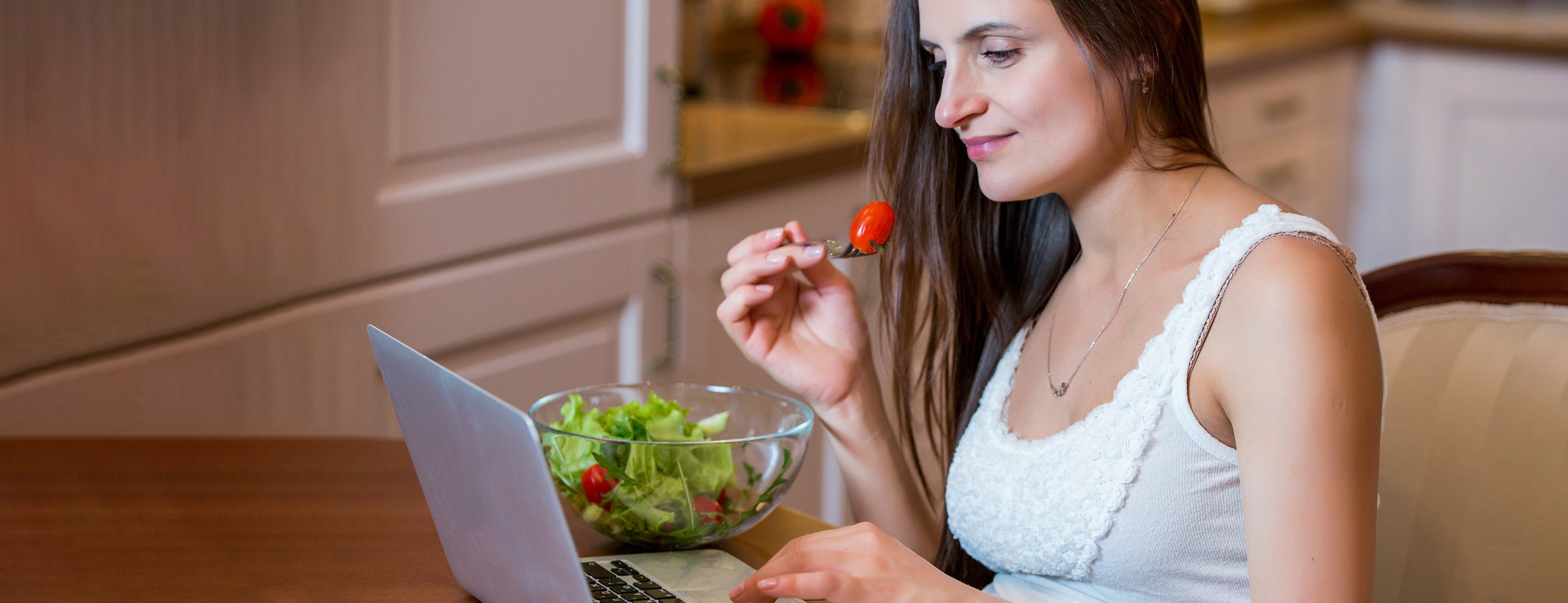
Hemorrhoids after labor and post-pregnancy hemorrhoids can be an uncomfortable reality for many new mothers. Fortunately, most cases of hemorrhoids, including painful hemorrhoids after birth and even external hemorrhoids after birth, can be treated at home with natural remedies.
These remedies not only ease the pain and inflammation but also promote healing, offering relief from symptoms associated with thrombosed hemorrhoid pregnancy and even the rare occurrence of baby hemorrhoids. Here are some of the most effective home remedies for managing hemorrhoids
Sitz Bath Therapy with Baking Soda
A warm sitz bath is particularly soothing for post-pregnancy hemorrhoids. Adding baking soda can help soothe itching and irritation by neutralizing acids on the skin. Fill your bathtub or a sitz bath basin with warm water, adding Epsom salt or baking soda. Aim to soak the anal area for 10 to 15 minutes, 2 to 3 times daily. Remember to gently pat dry with a soft towel afterward, avoiding soap, alcohol, or scented products that can further irritate the skin.
Cold Compress
To address the discomfort of external hemorrhoids after birth or the acute pain from a thrombosed hemorrhoid during pregnancy, a cold compress can numb the pain and reduce swelling. Use an ice pack or a bag of frozen peas wrapped in a towel, applying it 10-15 minutes daily. Alternating between cold and warm compresses may yield even better results.
Warm Compress
For relaxing the muscles and increasing blood flow to the affected area, a warm compress can be quite beneficial. This method aids in tissue healing and reduces inflammation. Apply a heating pad, hot water bottle, or a warm damp cloth to your anal area 10 to 15 minutes at a time, several times a day.
Topical Creams & Ointments
Over-the-counter creams and ointments containing hydrocortisone, witch hazel, lidocaine, zinc oxide, or aloe vera can alleviate symptoms like itching, pain, swelling, and bleeding. Apply a thin layer to the cleaned area, following label instructions carefully for best results.

Fiber-Rich Diet
A diet high in fiber is vital for preventing constipation, which can exacerbate hemorrhoids. Incorporate fruits, vegetables, whole grains, and nuts into your diet. Supplements such as psyllium husk can be beneficial for those who struggle to get enough fiber from food alone. Apple and Onion Soup, rich in pectin (a type of dietary fiber), absorb water in the colon, promoting regular bowel movements and reducing the risk of hemorrhoids.
Hydration
Hydration plays a crucial role in preventing constipation and the straining that can aggravate symptoms of hemorrhoids, including permanent hemorrhoids after childbirth. Drink at least eight glasses of water daily, especially if breastfeeding or exercising, to stay hydrated.
Causes Hemorrhoids Postpartum
Postpartum hemorrhoids are a common condition that many new mothers experience after giving birth. Several factors contribute to their development:
- Pressure During Childbirth: The immense pressure exerted on the pelvic region during labor and delivery can cause veins in the rectal area to swell, leading to hemorrhoids. This is common after a vaginal delivery, significantly if labor was prolonged or involves a lot of pushing.
- Constipation: Changes in hormones after childbirth, along with pain medications and iron supplements, can lead to constipation. Straining during bowel movements increases the risk of developing hemorrhoids.
- Hormonal Changes: Pregnancy and postpartum hormonal changes can weaken the veins around the anus, making them more susceptible to swelling.
- Physical Strain of Labor: The physical effort of pushing during labor can significantly pressure the veins in the rectal area, causing them to swell and form hemorrhoids.
- Prolonged Sitting or Standing: Spending long periods sitting or standing during the postpartum period can also cause increased pressure in the lower rectum, contributing to hemorrhoids.
- Increased Blood Volume During Pregnancy: The increased blood volume during pregnancy can cause veins to enlarge, including those in the rectal area, making new mothers more prone to piles after giving birth.
- Weight of the Uterus: During pregnancy, the growing uterus exerts pressure on the pelvic veins, impairing blood flow from the lower part of the body to the heart. This pressure can continue in the postpartum period until the uterus returns to its normal size, contributing to the risk of hemorrhoids.
Hemorrhoids Symptoms Postpartum
Symptoms of postpartum hemorrhoids can vary in intensity and may include:
- Itching or Irritation: Around the anal region.
- Pain or Discomfort: Especially when sitting or during bowel movements.
- Swelling: Around the anus.
- Bleeding: Noticing small amounts of bright red blood on toilet paper or in the toilet bowl after a bowel movement.
- Lumps: You might feel one or more small, tender lumps near your anus, which are swollen hemorrhoidal tissues.

Medical Treatments to Get Rid of Hemorrhoids After Pregnancy
If home remedies do not provide enough relief or if your hemorrhoids are severe or chronic, you may need medical treatment to get rid of them. There are several options available depending on the type and severity of your hemorrhoids:
Over-the-Counter Medications
Some over-the-counter medications can help reduce the pain and inflammation of hemorrhoids. They include:
- Nonsteroidal anti-inflammatory drugs (NSAIDs) such as ibuprofen or naproxen can relieve pain and swelling.
- Acetaminophen can relieve pain but not inflammation.
- Stool softeners such as docusate sodium can prevent constipation by drawing water into your stool.
- Laxatives such as bisacodyl or senna can stimulate bowel movements by irritating your colon.
- Hemorrhoid wipes contain witch hazel or other soothing ingredients that can clean and calm the affected area.
Read the label and follow the directions before taking any over-the-counter meds. Taking more than the recommended dose or longer than advised can be harmful. Consult a doctor if you are pregnant, breastfeeding, have any medical conditions, or taking other meds.
Prescription Medications
Suppose over-the-counter medications do not work well enough for you or have complications such as infection or bleeding from your hemorrhoids. In that case, you may need prescription medications from your doctor. They include:
- Corticosteroid creams or suppositories such as hydrocortisone or betamethasone can reduce inflammation and itching.
- Local anesthetics such as lidocaine or pramoxine can numb the pain temporarily.
- Vasoconstrictors such as phenylephrine or ephedrine can shrink the blood vessels and reduce swelling.
- Antibiotics such as metronidazole or ciprofloxacin can treat infections caused by bacteria.
- Antifungal creams such as clotrimazole or miconazole can treat infections caused by fungi.
Before using any prescription medication, follow your doctor’s instructions carefully. Do not stop using them without consulting your doctor first. Report any side effects or allergic reactions to your doctor immediately.

Rubber Band Ligation
Rubber band ligation is a minimally invasive procedure that involves placing tiny rubber bands around the base of an internal hemorrhoid. This cuts off its blood supply and causes it to shrink and fall off within a week. The procedure is done in an outpatient setting under local anesthesia. It is usually effective for small to medium-sized internal hemorrhoids. It may cause discomfort, bleeding, or infection after the procedure, but these are usually mild and temporary.
Sclerotherapy
Sclerotherapy is another minimally invasive procedure that involves injecting a chemical solution into an internal hemorrhoid. This causes it to scar and close off its blood supply, shrinking and disappearing over time. Local anesthesia is used during the outpatient procedure. Usually, it works for small internal hemorrhoids. It may cause pain, bleeding, or allergic reaction during or following surgery, but these are usually minor.
Infrared Coagulation
Infrared coagulation is a low-risk method to treat internal hemorrhoids. It involves applying infrared light, clotting it, and obstructing its blood supply, leading to its shrinkage and natural separation. The quick outpatient procedure usually works for small-medium hemorrhoids.
After the procedure, you may experience temporary mild discomfort and bleeding. You must eat a high-fiber diet to prevent constipation and avoid heavy lifting and prolonged sitting for at least six weeks.
Hemorrhoidectomy
A hemorrhoidectomy is a surgery that removes internal or external hemorrhoids but is usually only used for the most severe or chronic cases. It has the highest complication rate and longest recovery time but is highly effective.
Different techniques and instruments are used, performed with anesthesia on an outpatient or inpatient basis. Recovery requires painkillers and stool softeners, avoiding heavy lifting or prolonged sitting. Complications may include infection, bleeding, urinary retention, fecal incontinence, anal stenosis, or anal fistula.
Lifestyle Changes to Prevent Hemorrhoids After Pregnancy
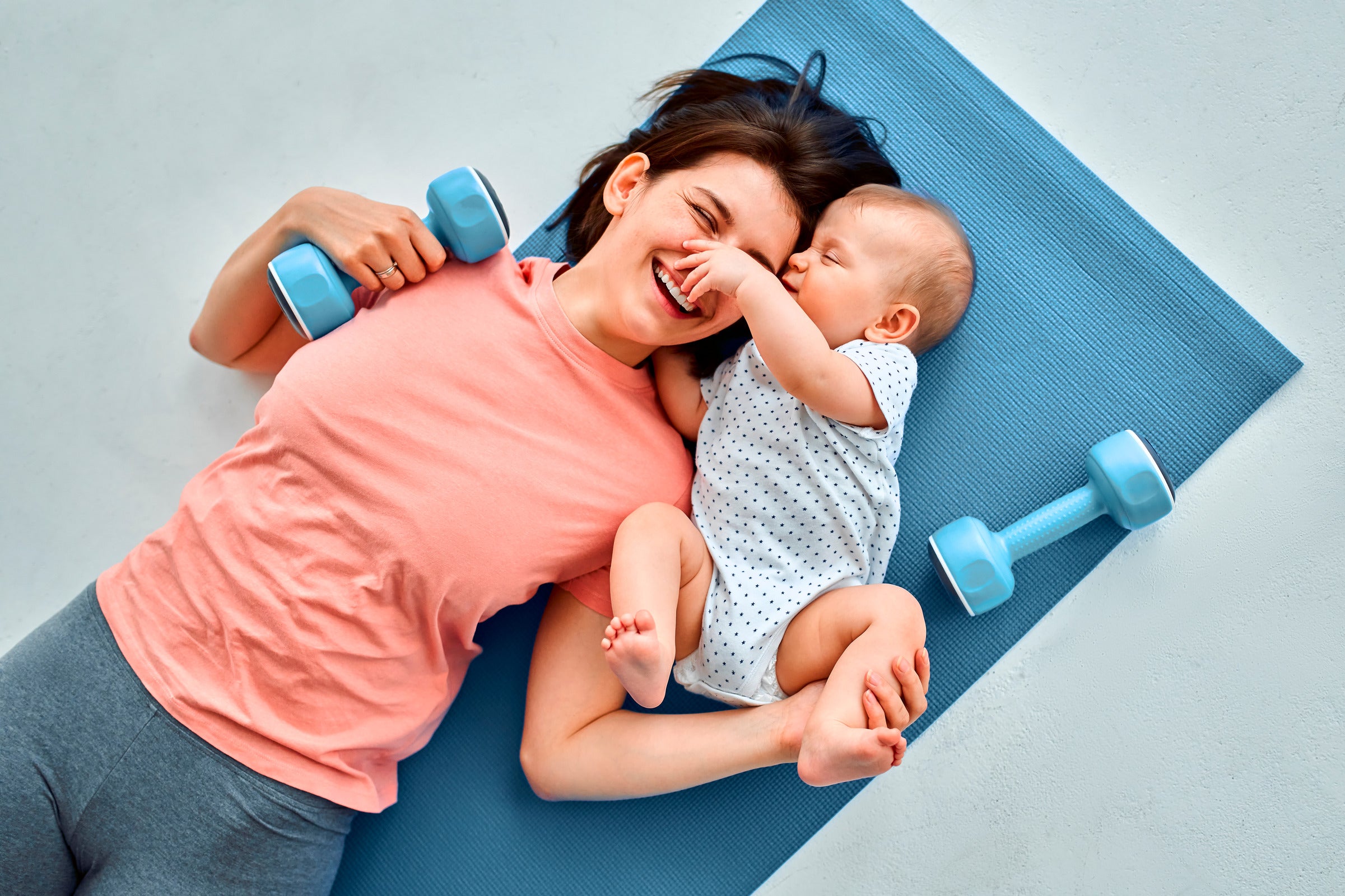
Hemorrhoids can recur even after treatment, so it is important to make lifestyle changes to prevent them from returning. Here are some tips to prevent hemorrhoids after pregnancy:
Exercise
Exercise can help improve your blood circulation and prevent constipation. It can also help you lose excess weight that may pressure your veins. Aim for at least 30 minutes of moderate physical activity most days of the week. You can start with gentle exercises such as walking, swimming, or yoga after your doctor gives you the green light.
Good Posture
Good posture can help reduce the pressure on your pelvic floor and lower body. Avoid slouching or hunching when sitting or standing. Use a pillow or a cushion to support your lower back when sitting. Elevate your legs when lying down to improve blood flow.

Avoiding Straining During Bowel Movements
Straining during bowel movements can worsen hemorrhoids by increasing the pressure on your veins. Do not hold your breath or push hard when passing stool to avoid straining. Relax your muscles and let gravity do the work. Stay on the toilet for a short time or use your phone or read while on the toilet.
Regular Bowel Movements
Regular bowel movements reduce constipation and straining that can cause hemorrhoids. Establish a routine and go to the bathroom when you feel the urge. Do not ignore or suppress your bowel movements; this can make your stool harder and drier.
When to Seek Medical Attention
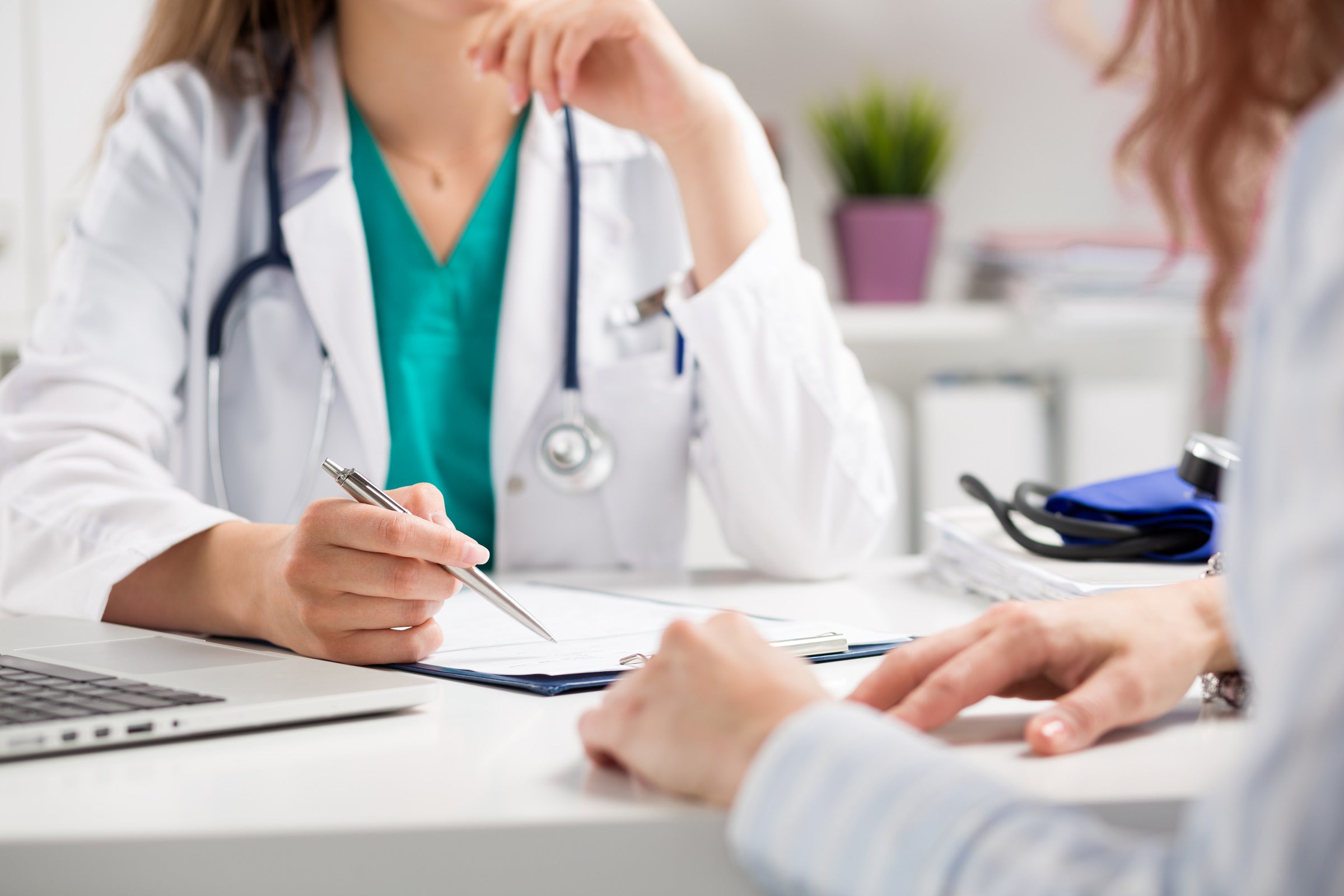
Hemorrhoids are usually not serious, but they can sometimes indicate a more serious problem, such as colorectal cancer or inflammatory bowel disease. You should seek medical attention if you have any of these signs:
- Severe pain that does not improve with home remedies.
- Heavy bleeding that soaks through your pads or underwear.
- Blood in your stool or black, tarry stool.
- Fever, chills, or signs of infection.
- Difficulty urinating or having bowel movements.
- Unexplained weight loss or fatigue.
Your doctor can examine your anus and rectum and perform some tests to diagnose the cause of your symptoms and rule out any serious conditions. They can also prescribe medications or recommend procedures to treat your hemorrhoids.
Conclusion:
In conclusion, hemorrhoids can be frustrating and painful for new mothers after pregnancy. However, there are numerous ways to get rid of them and prevent their appearance in the future. Many options are available, Whether through a sitz bath, over-the-counter medications, good posture, or regular bowel movements. It's important to speak to a doctor if symptoms persist and to remember that self-care is crucial in preventing and treating hemorrhoids after pregnancy. During this important time, let's focus on healing and caring for ourselves physically and emotionally.

